Organisational Behaviour: Social Constructionism and Personality
VerifiedAdded on 2023/06/08
|17
|990
|398
Presentation
AI Summary
This presentation explores the concept of personality development through the lens of social constructionism, examining how individuals are shaped by their social environments, values, and beliefs. It delves into key areas such as individual differences, determinants of personality, and assessment methods. The presentation highlights the importance of environmental factors, cultural influences, and thought processes in understanding individual personality checks. It also discusses various theories, including trait theory, social cognition, and humanist theory, to analyze personality development. Furthermore, it addresses the impact of diversity across social groups, self-assessment programs, and cognitive theories to resolve individual behavioral issues. The presentation also touches upon topics like Kohlberg’s stages of personality development, erratic behaviors, and the application of theories like Virginia Satir and Freudian theory. Finally, it provides recommendations for using these theories to analyze and influence behavior, and concludes by emphasizing the role of social cognitive processes in personality growth and individual self-development. The presentation includes references to various academic sources to support the arguments made.
1 out of 17
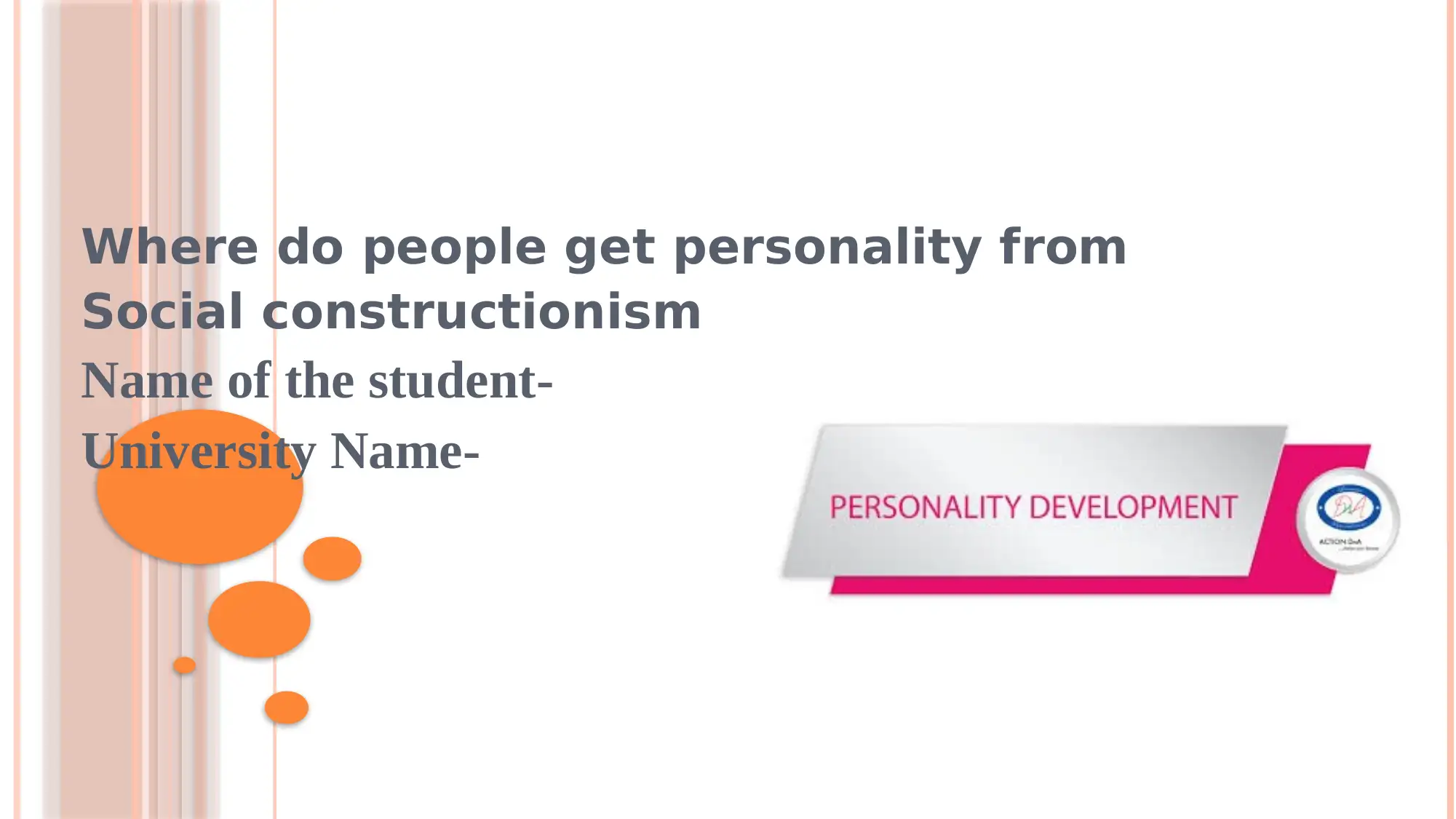
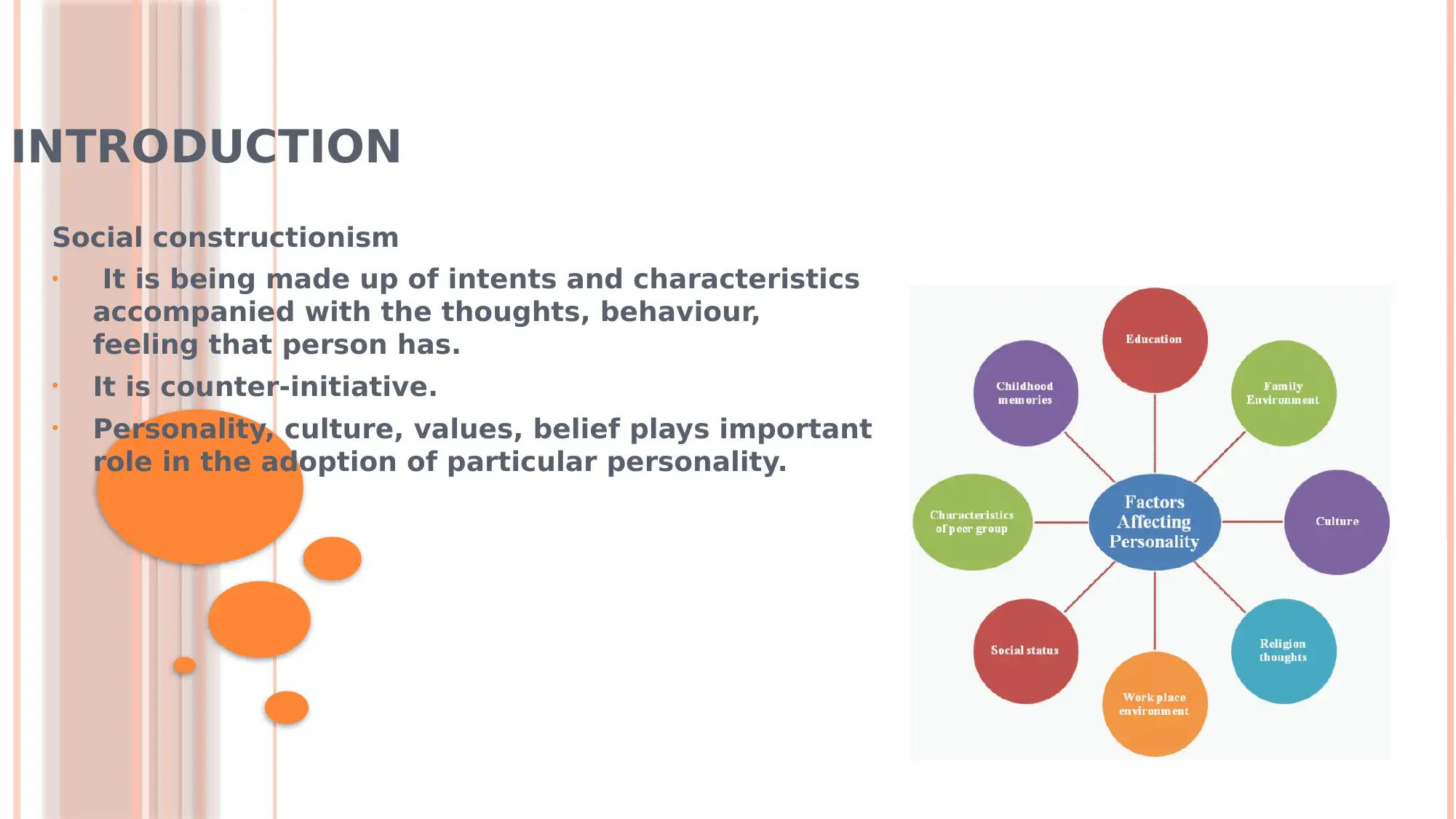
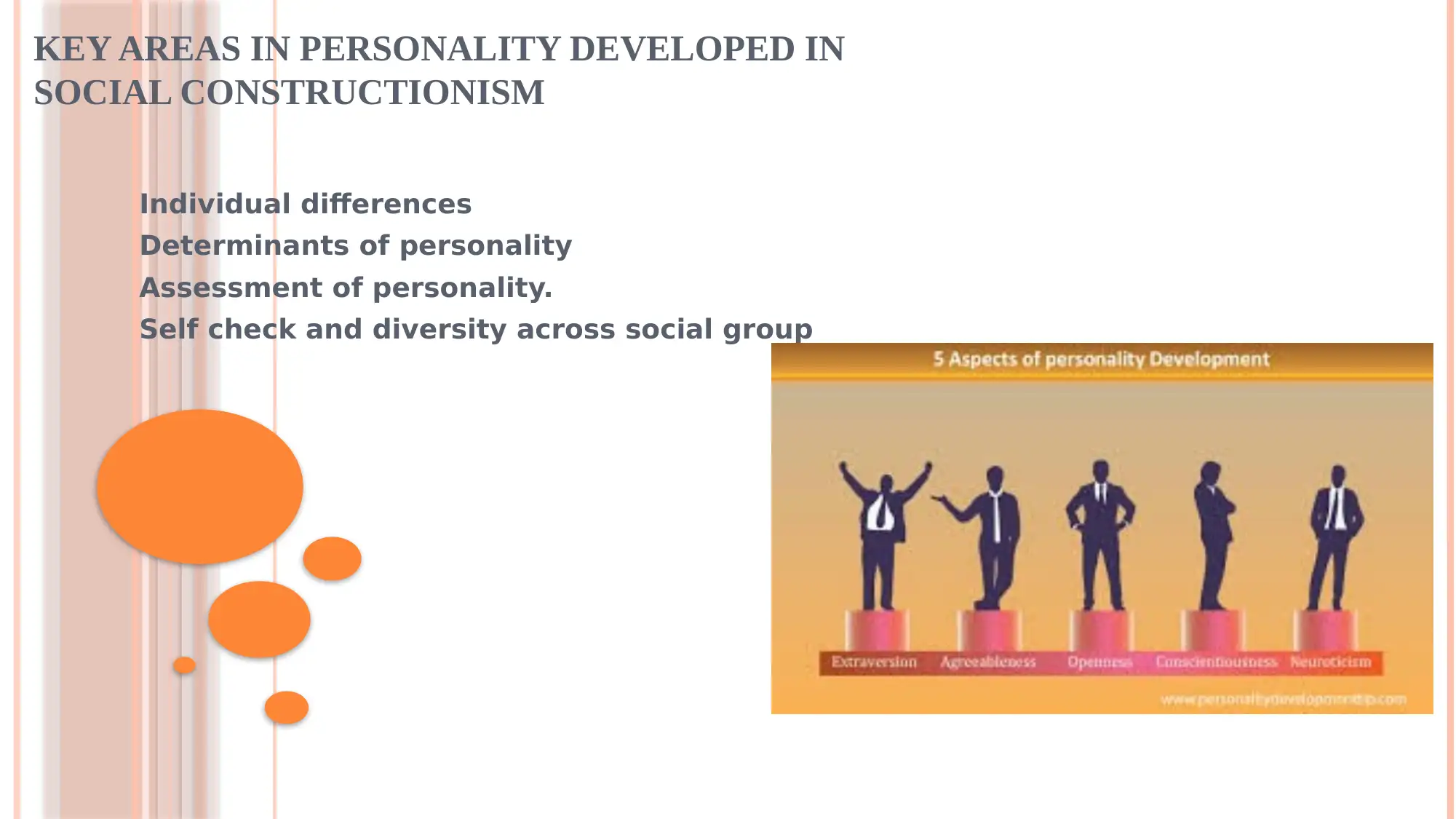

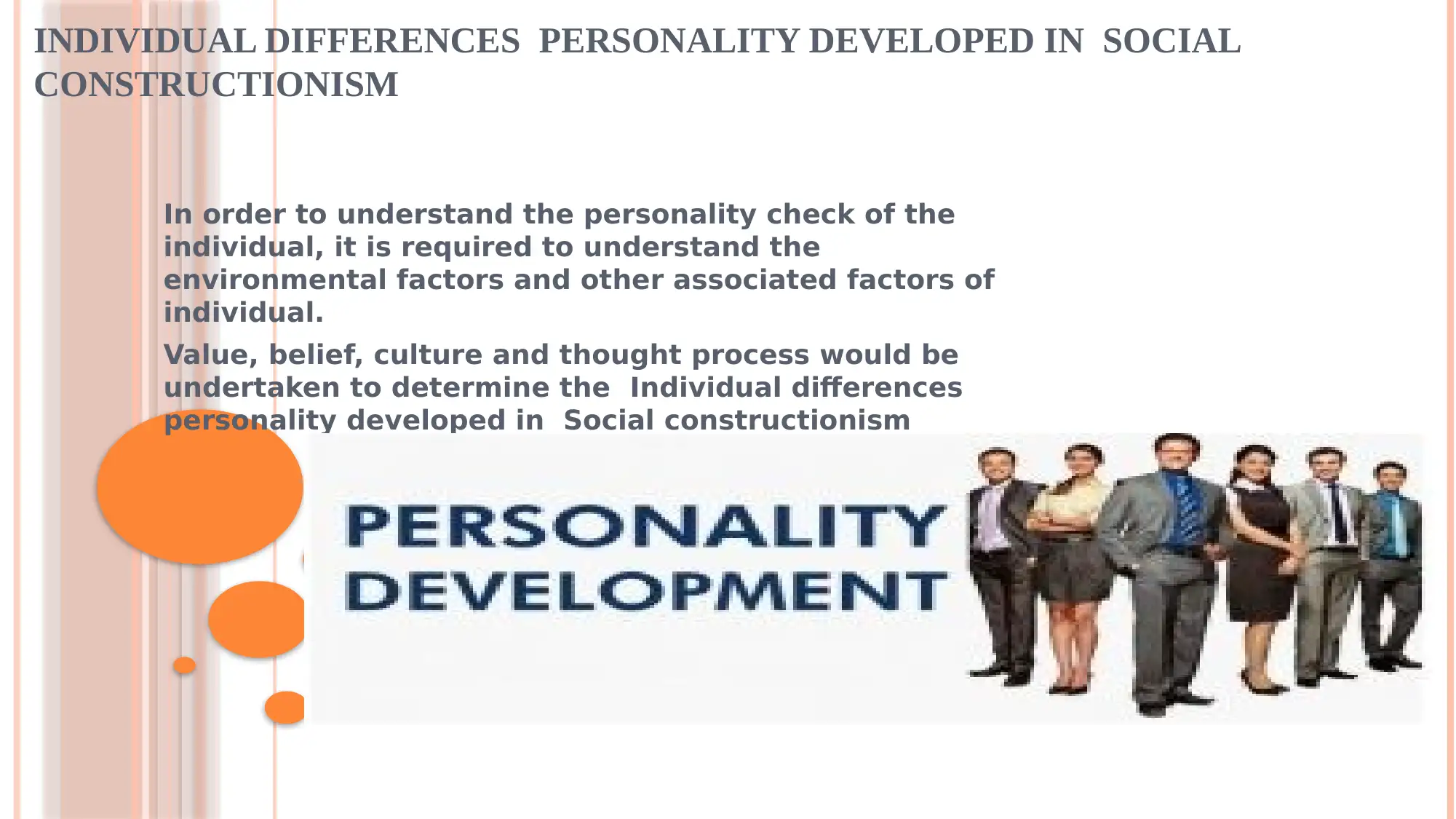
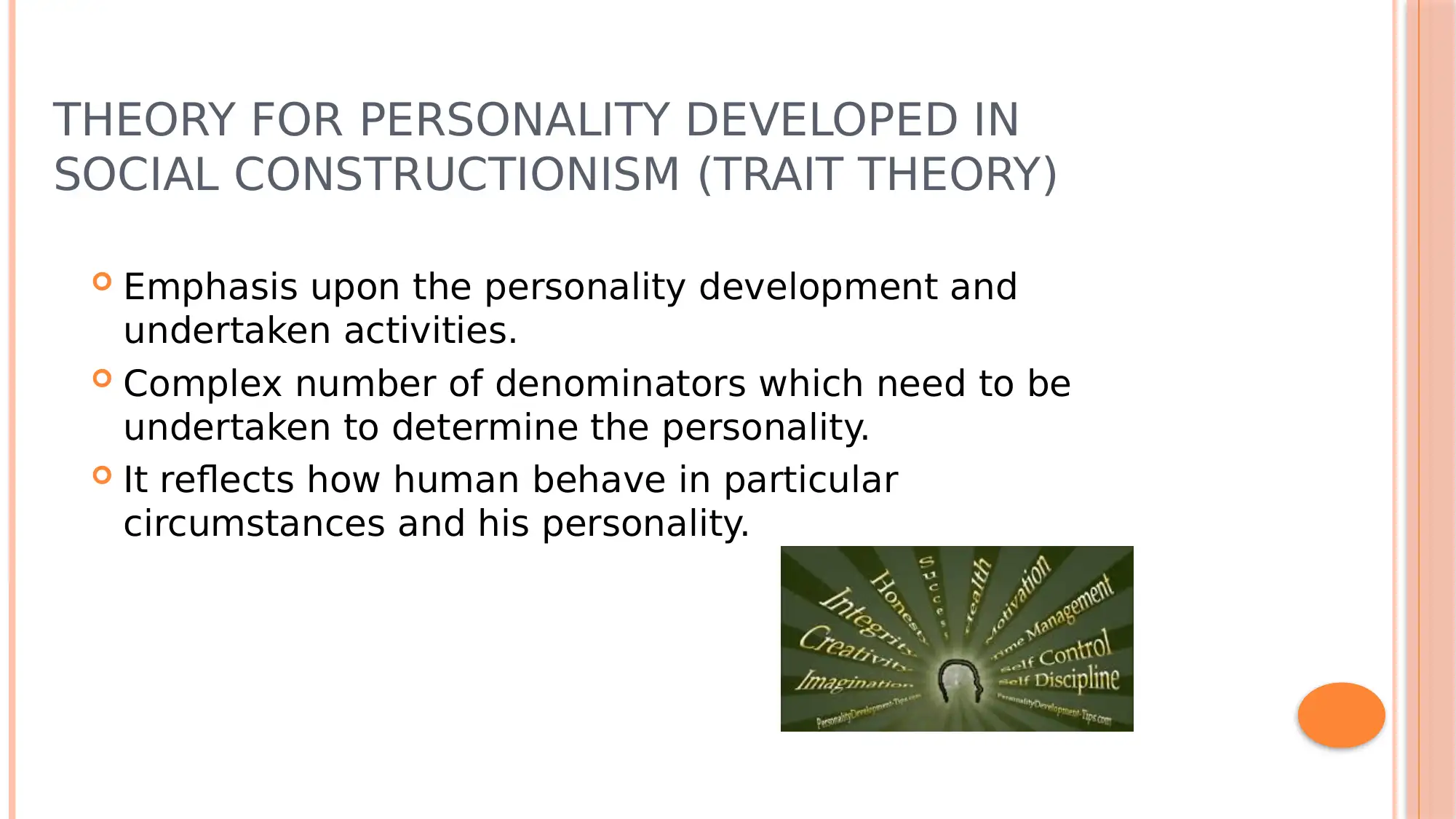
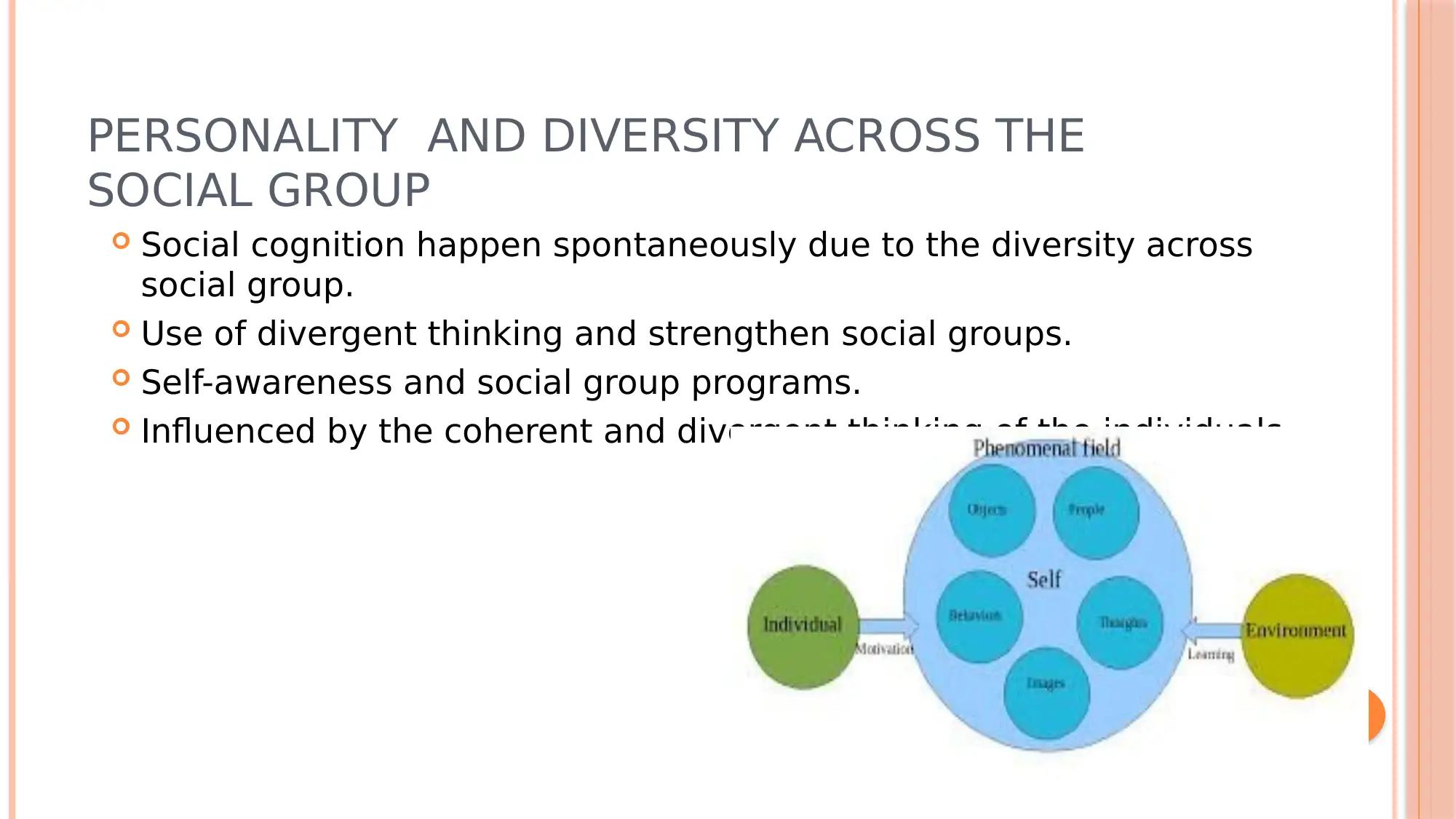
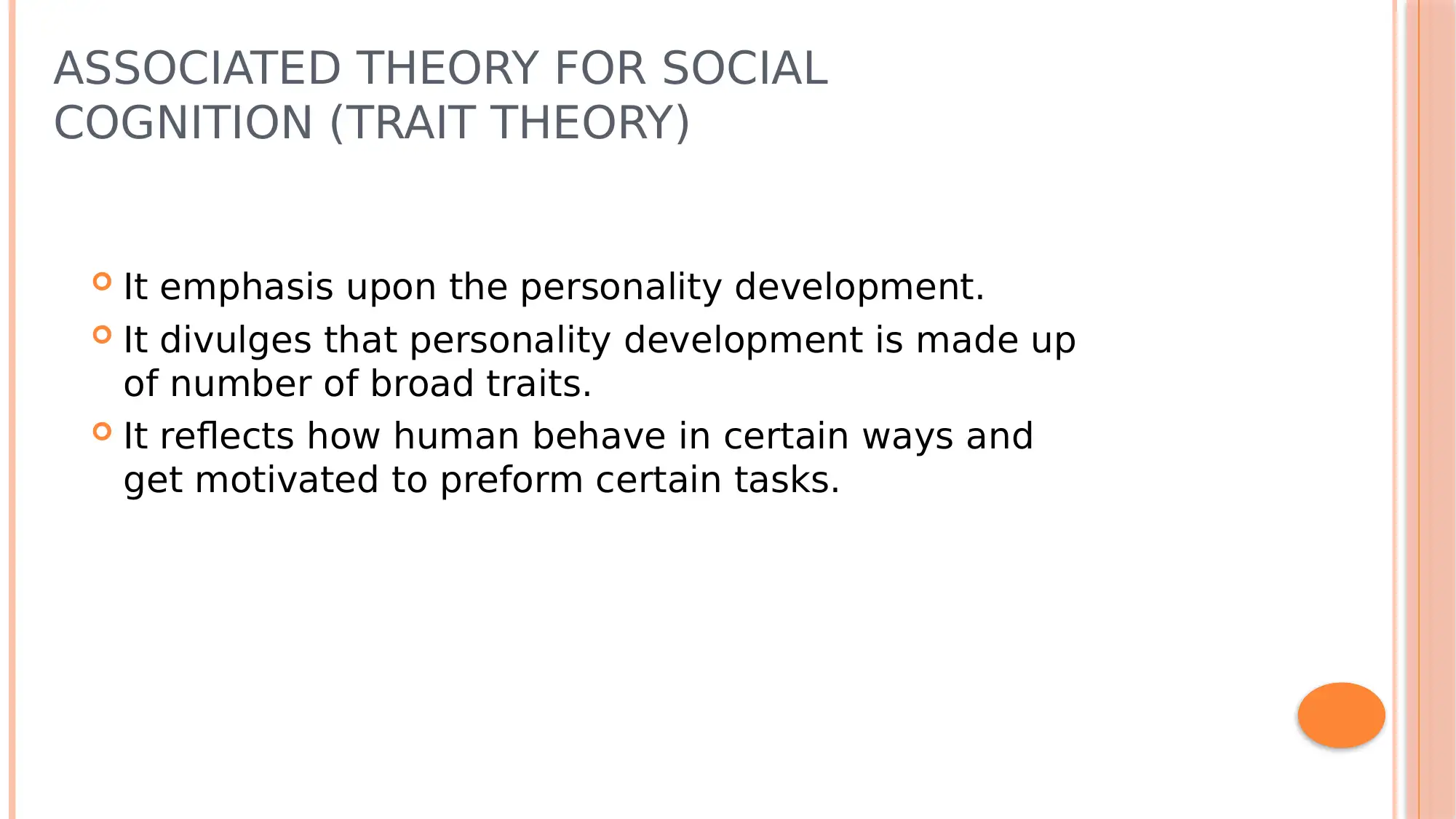
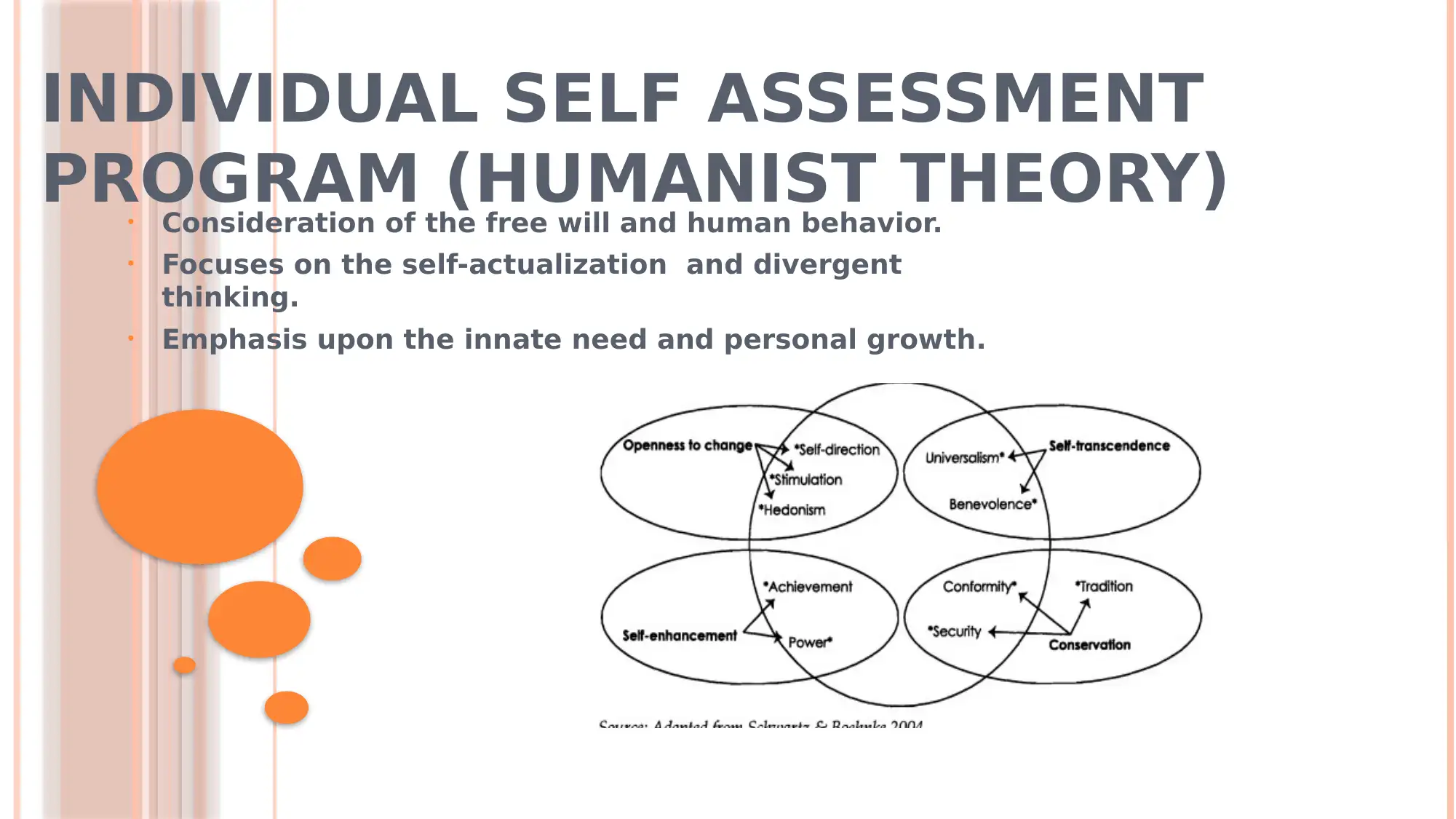
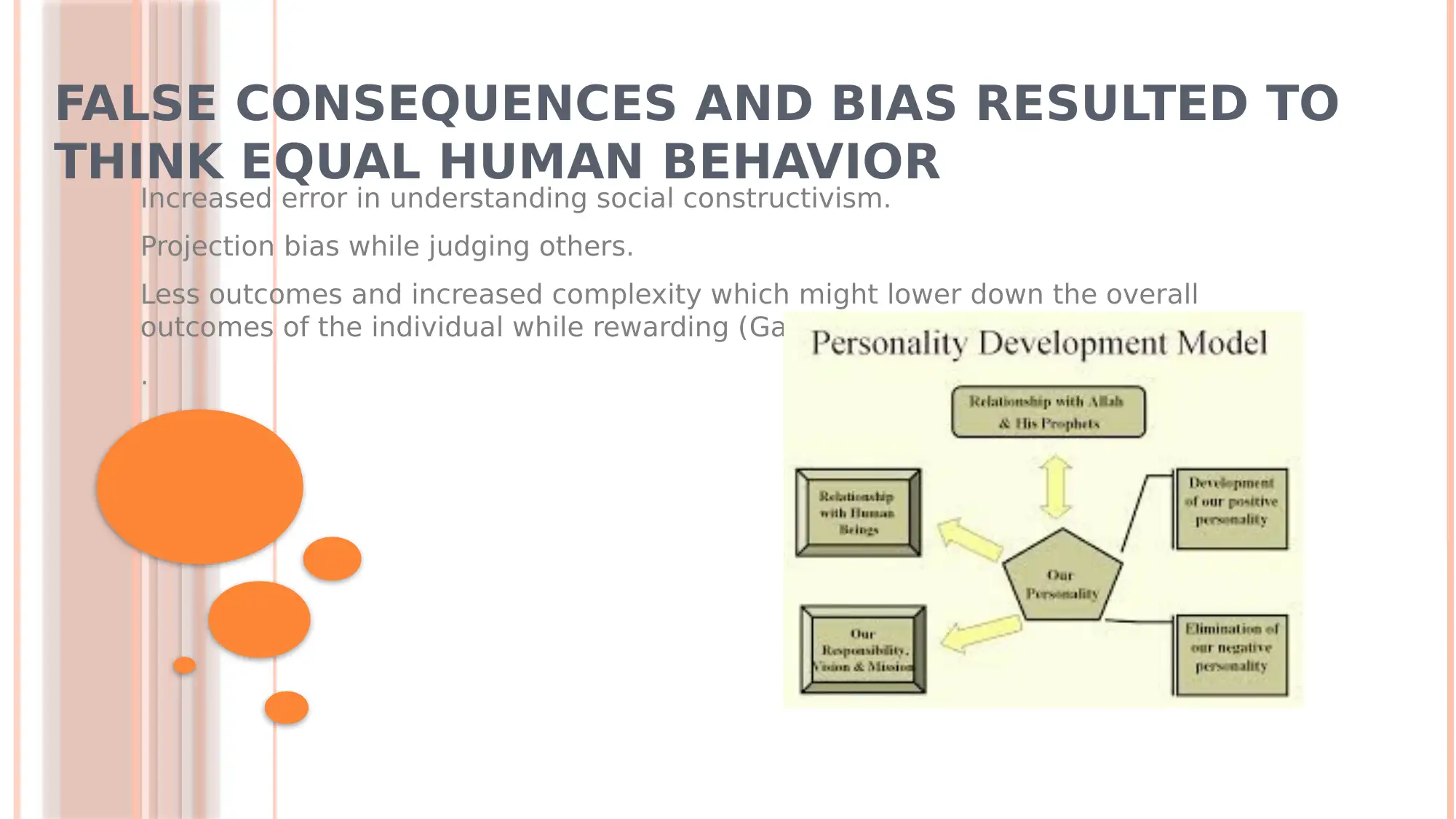
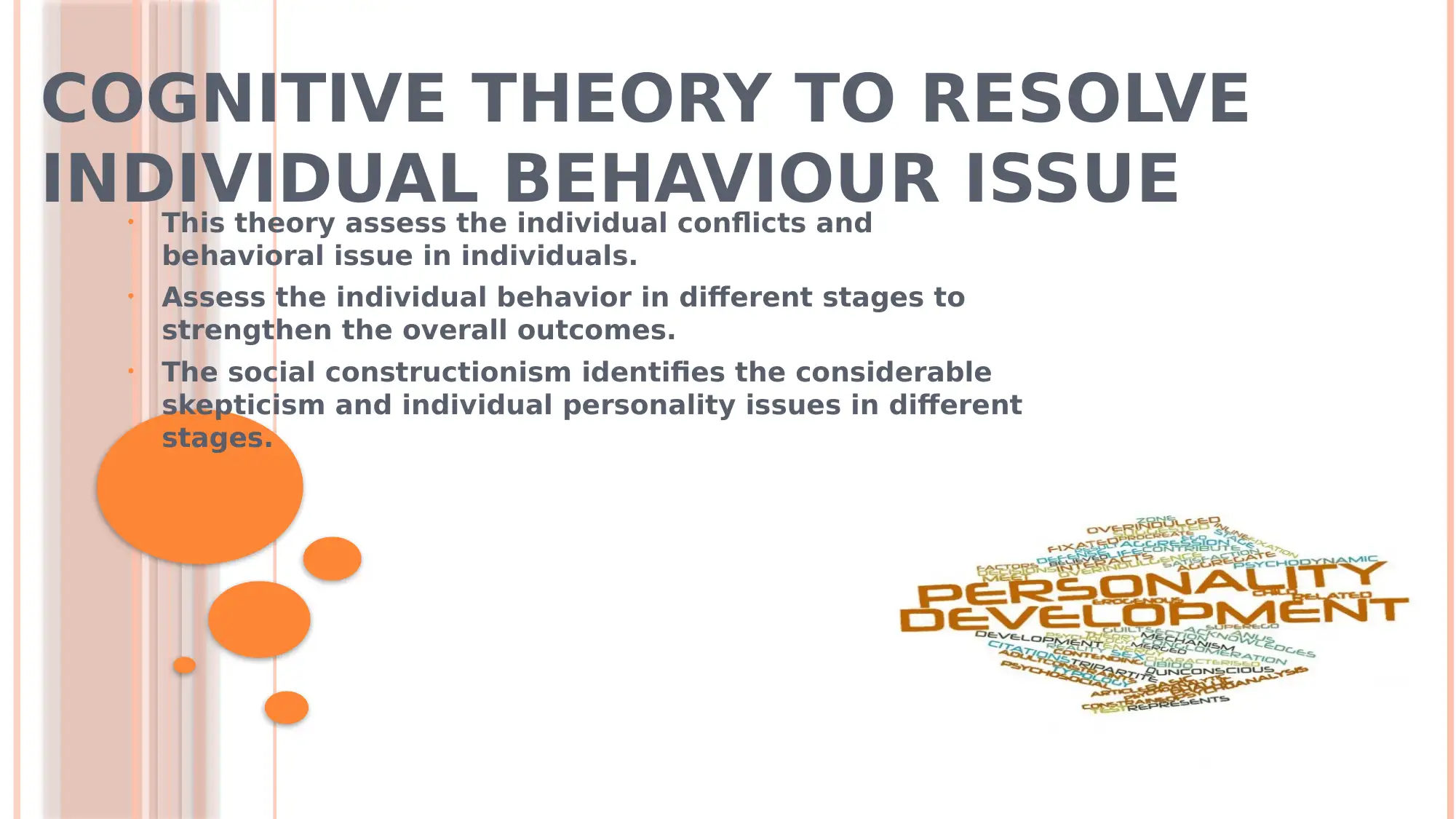
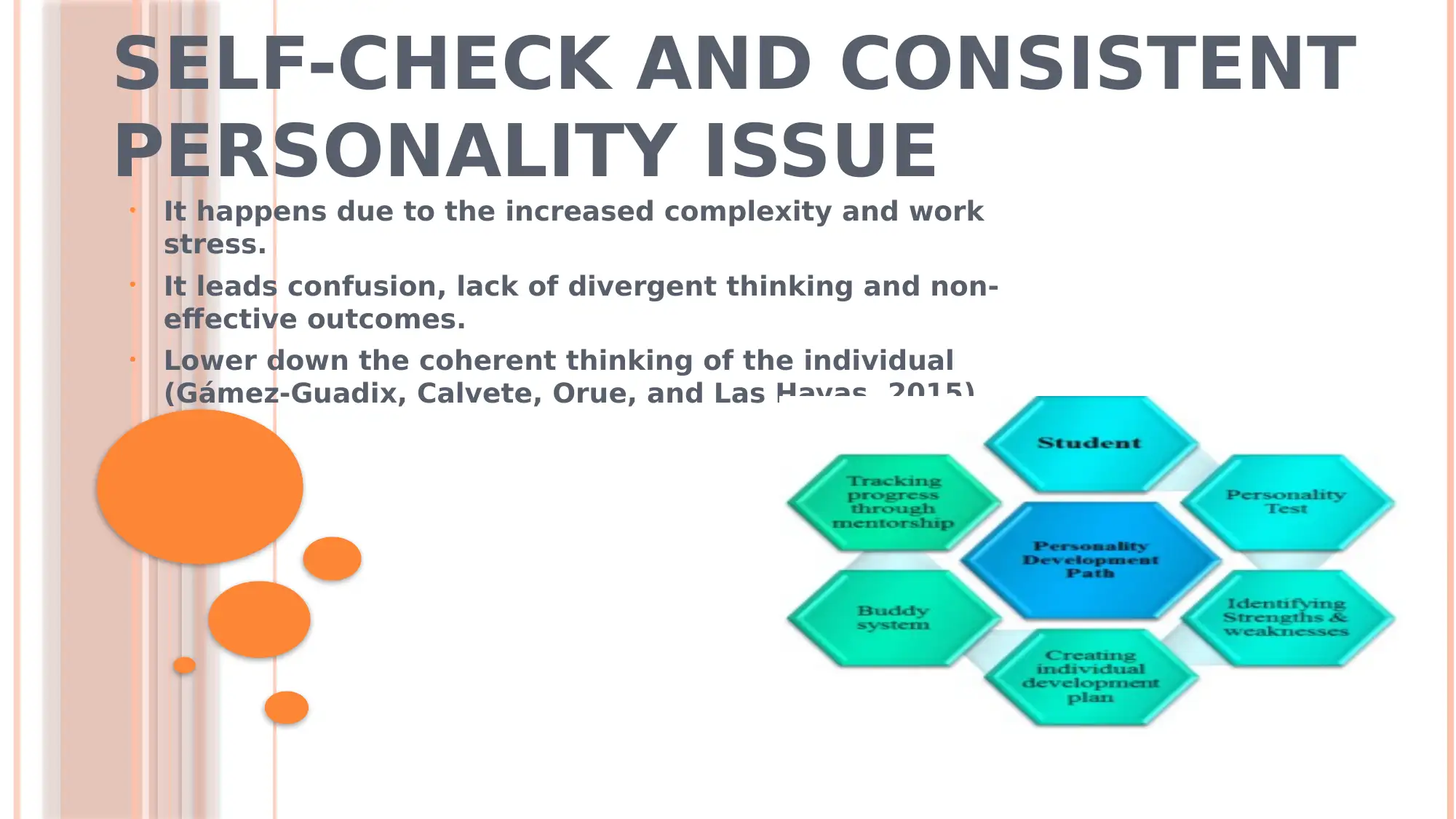
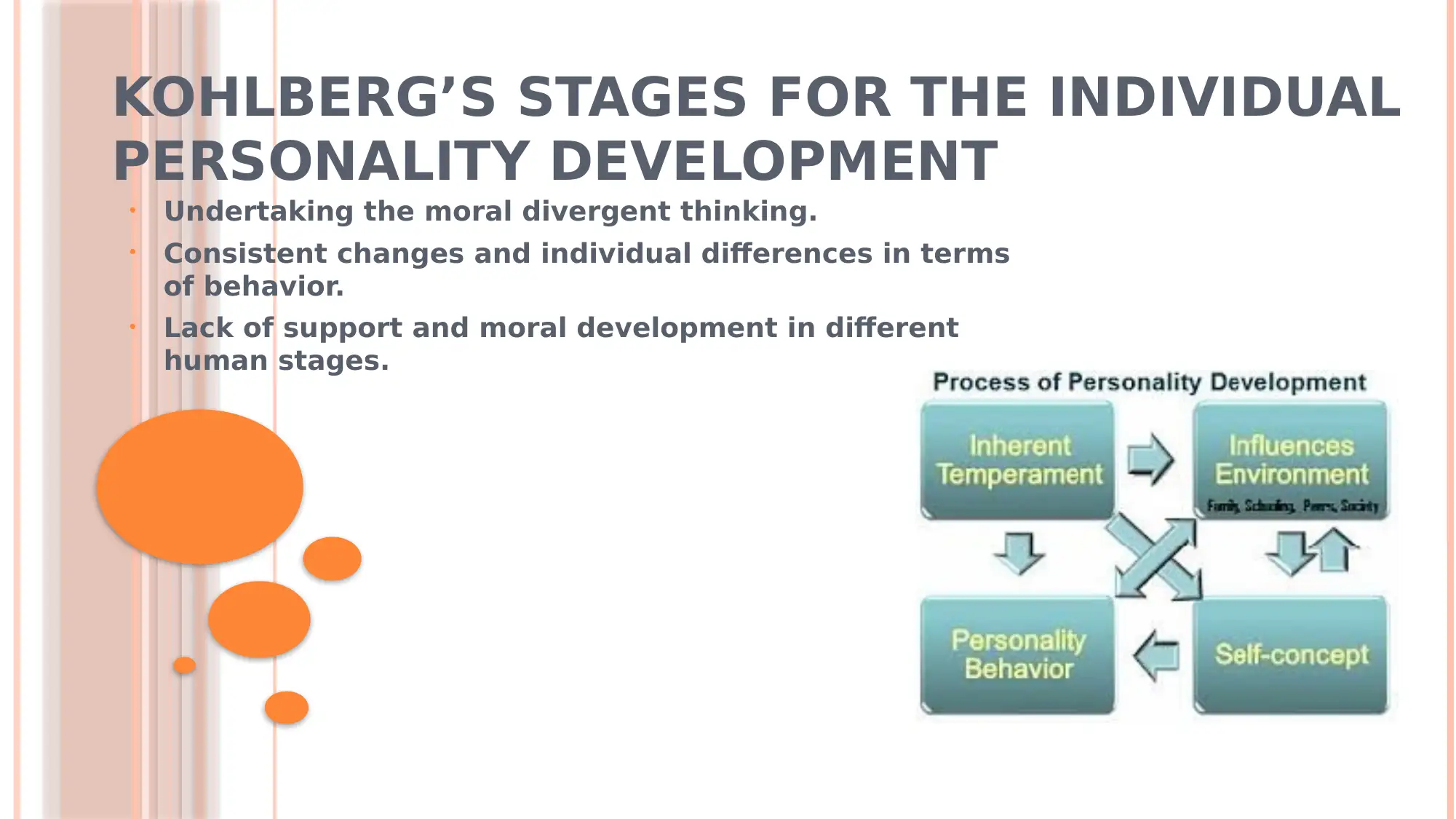






![[object Object]](/_next/static/media/star-bottom.7253800d.svg)